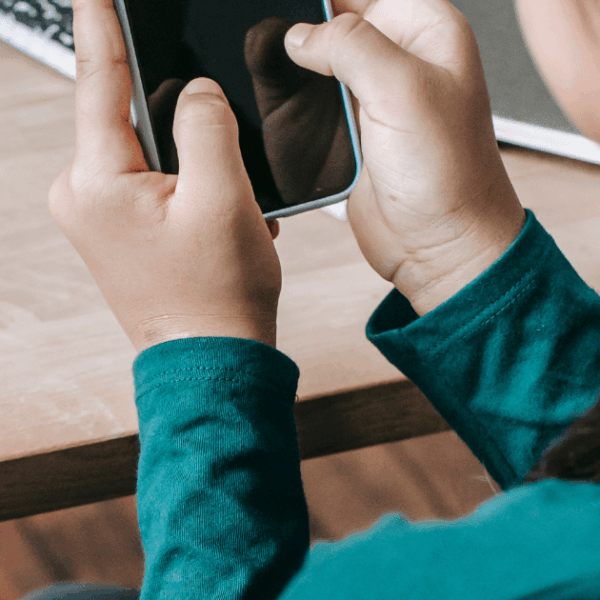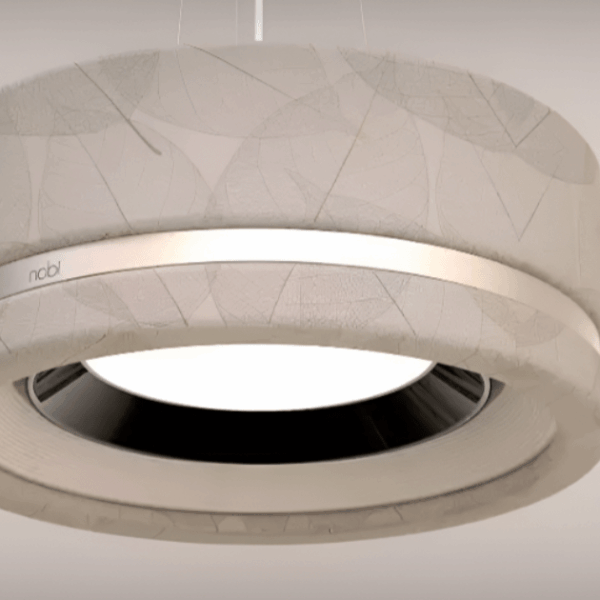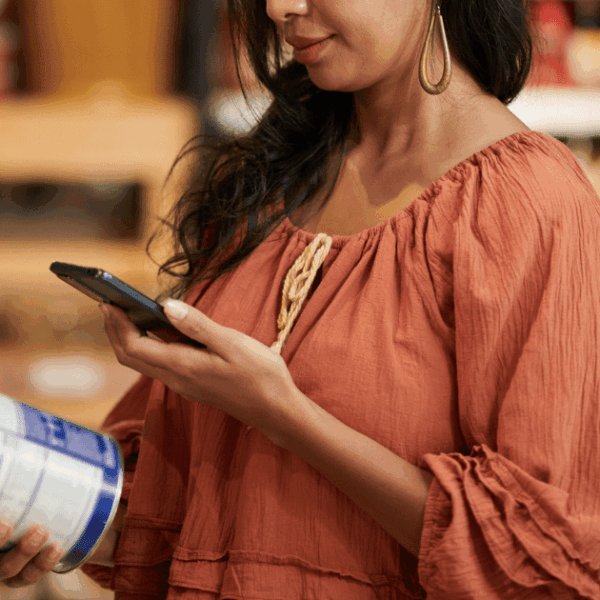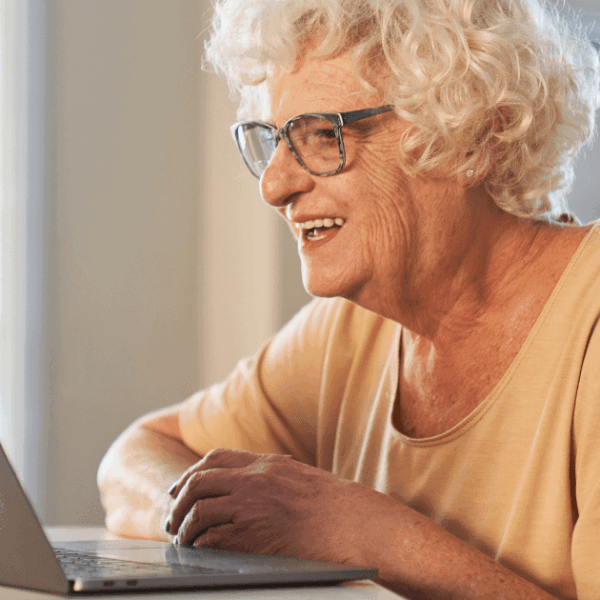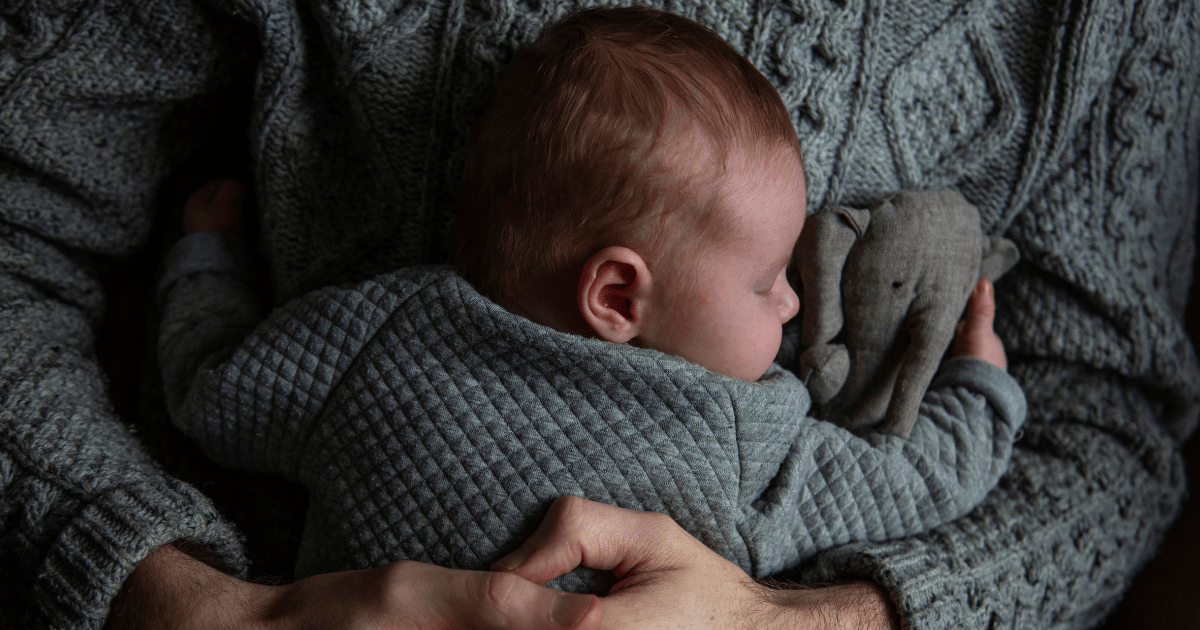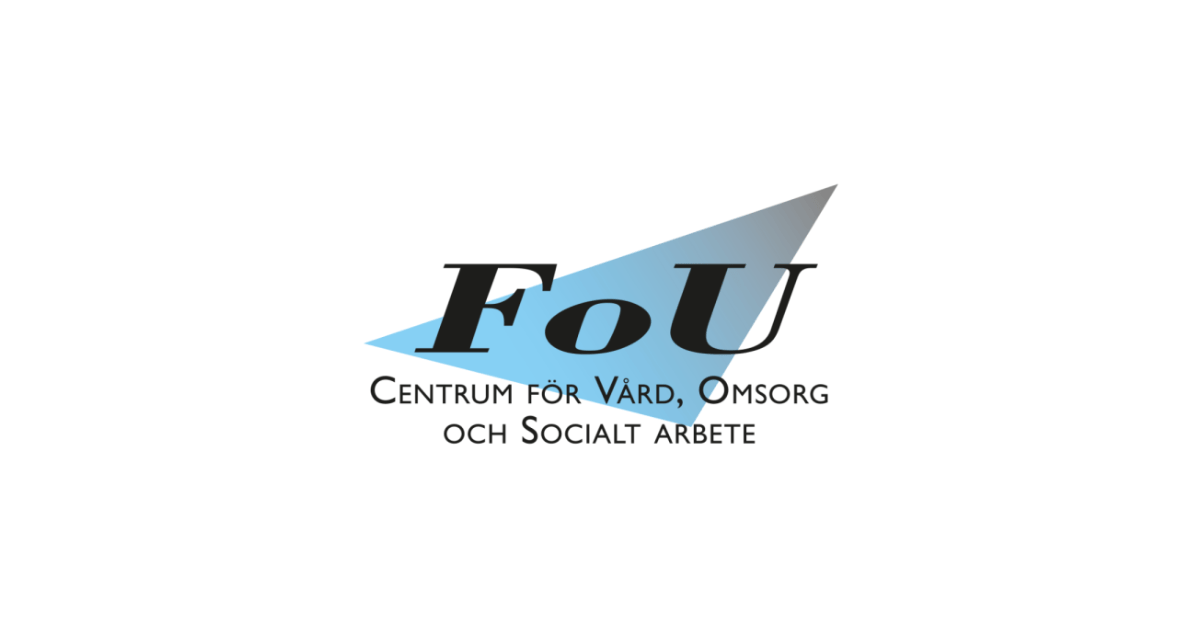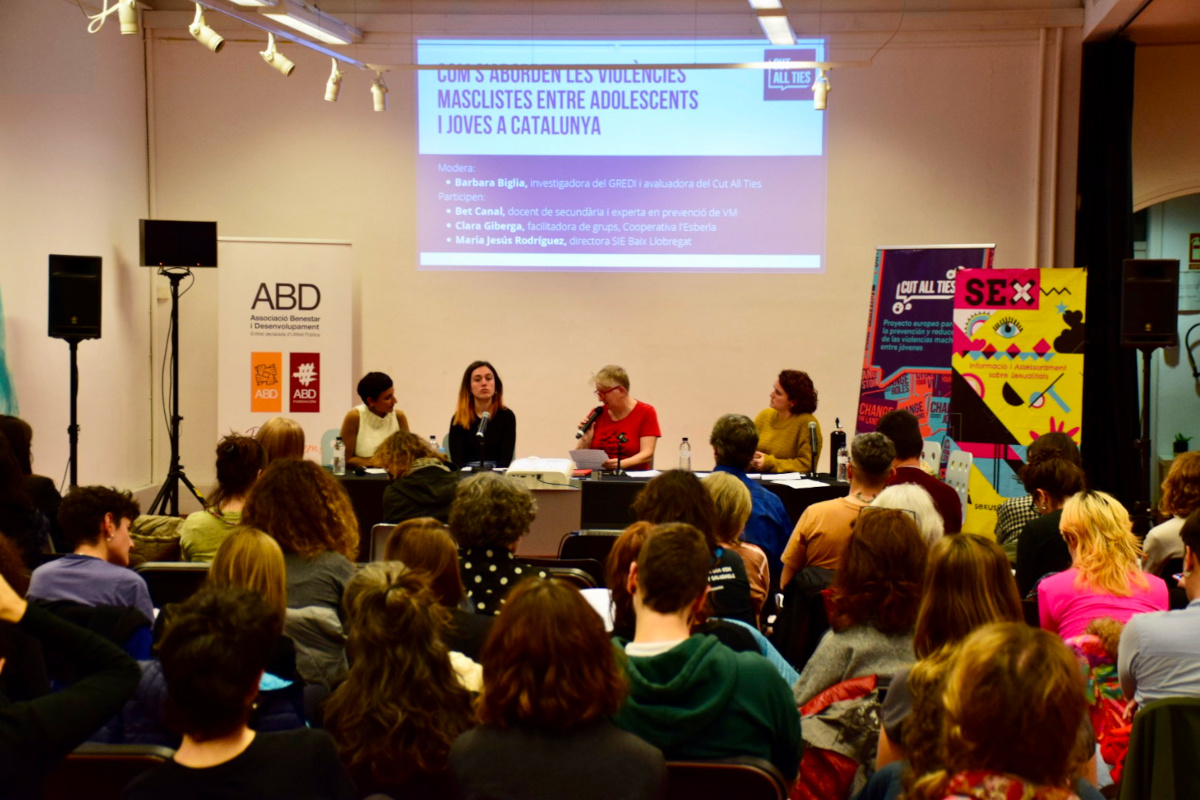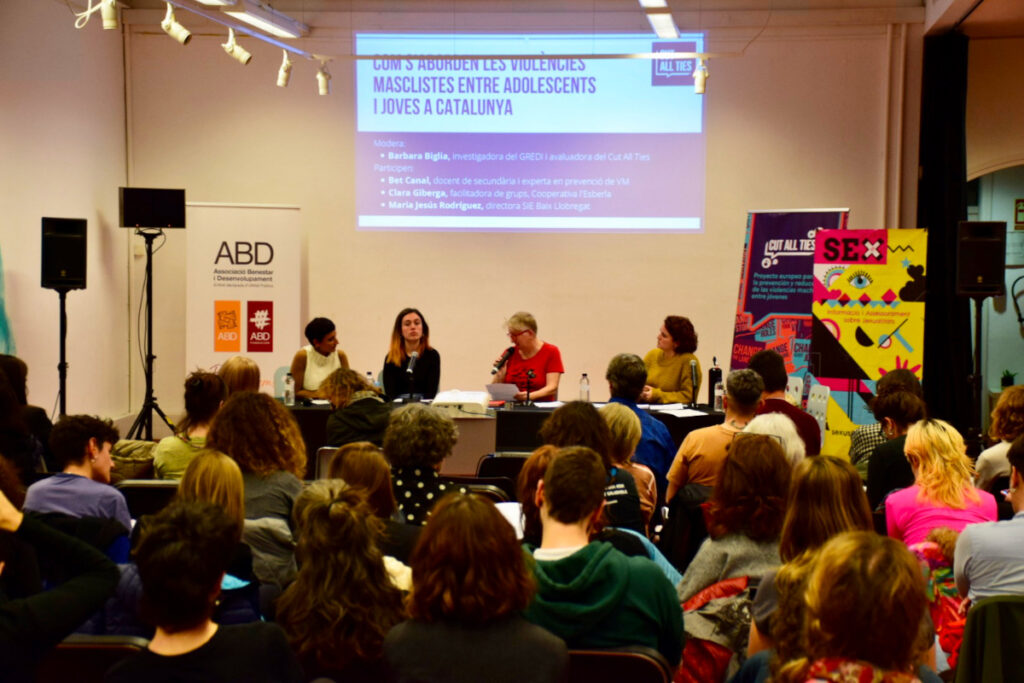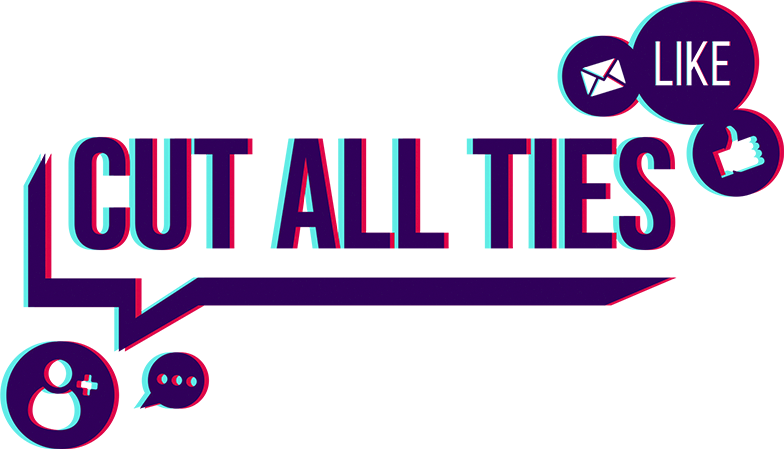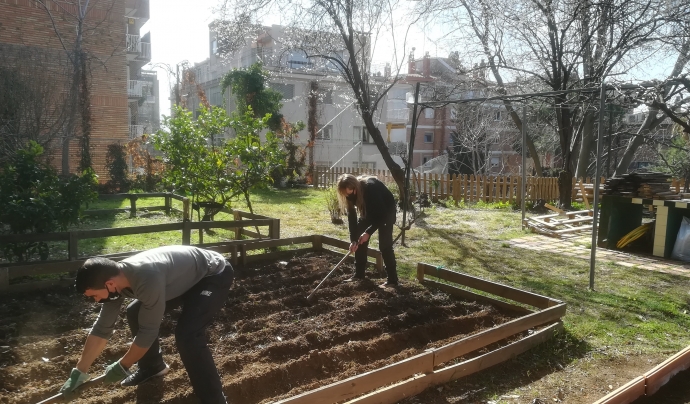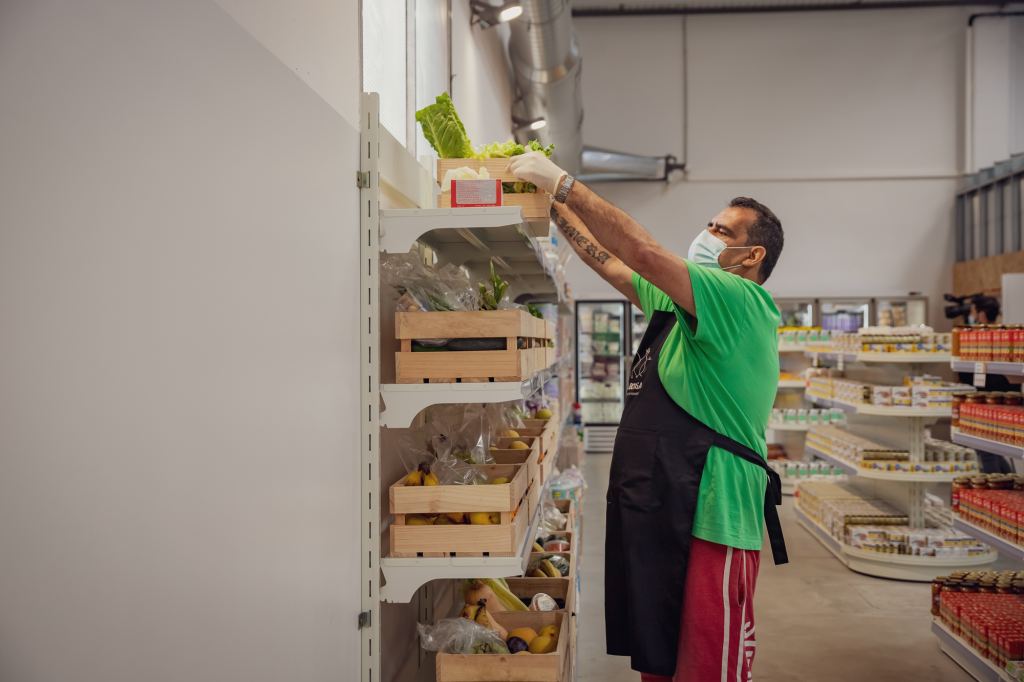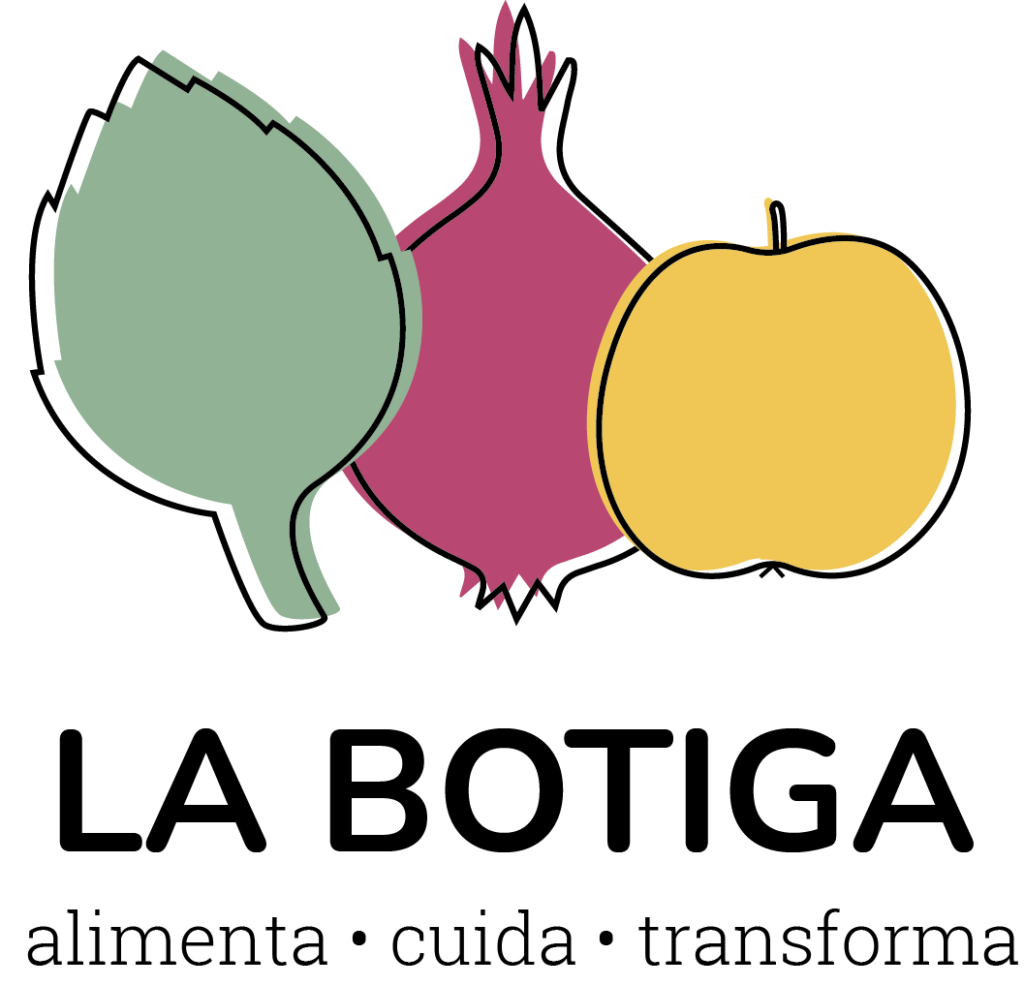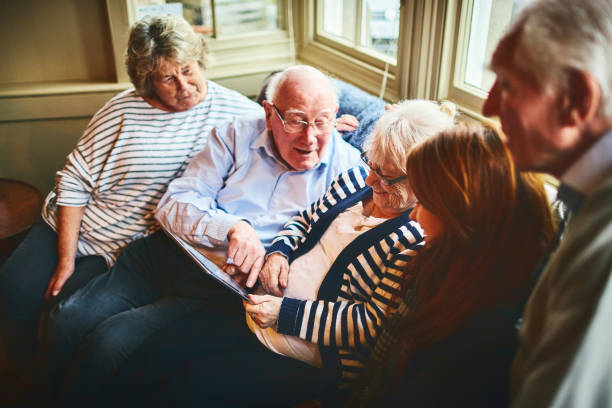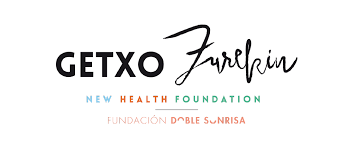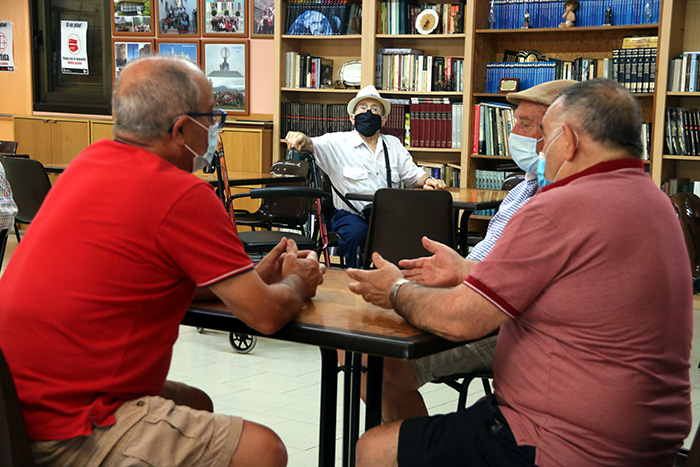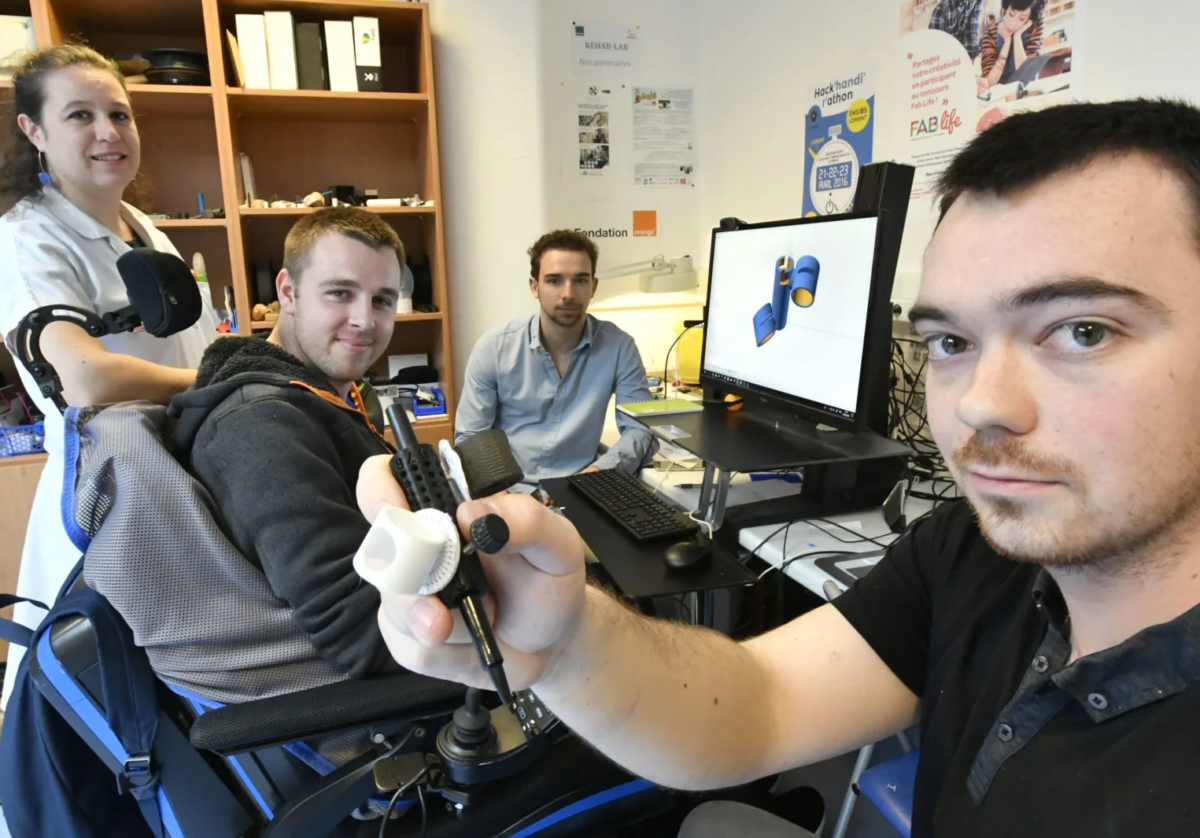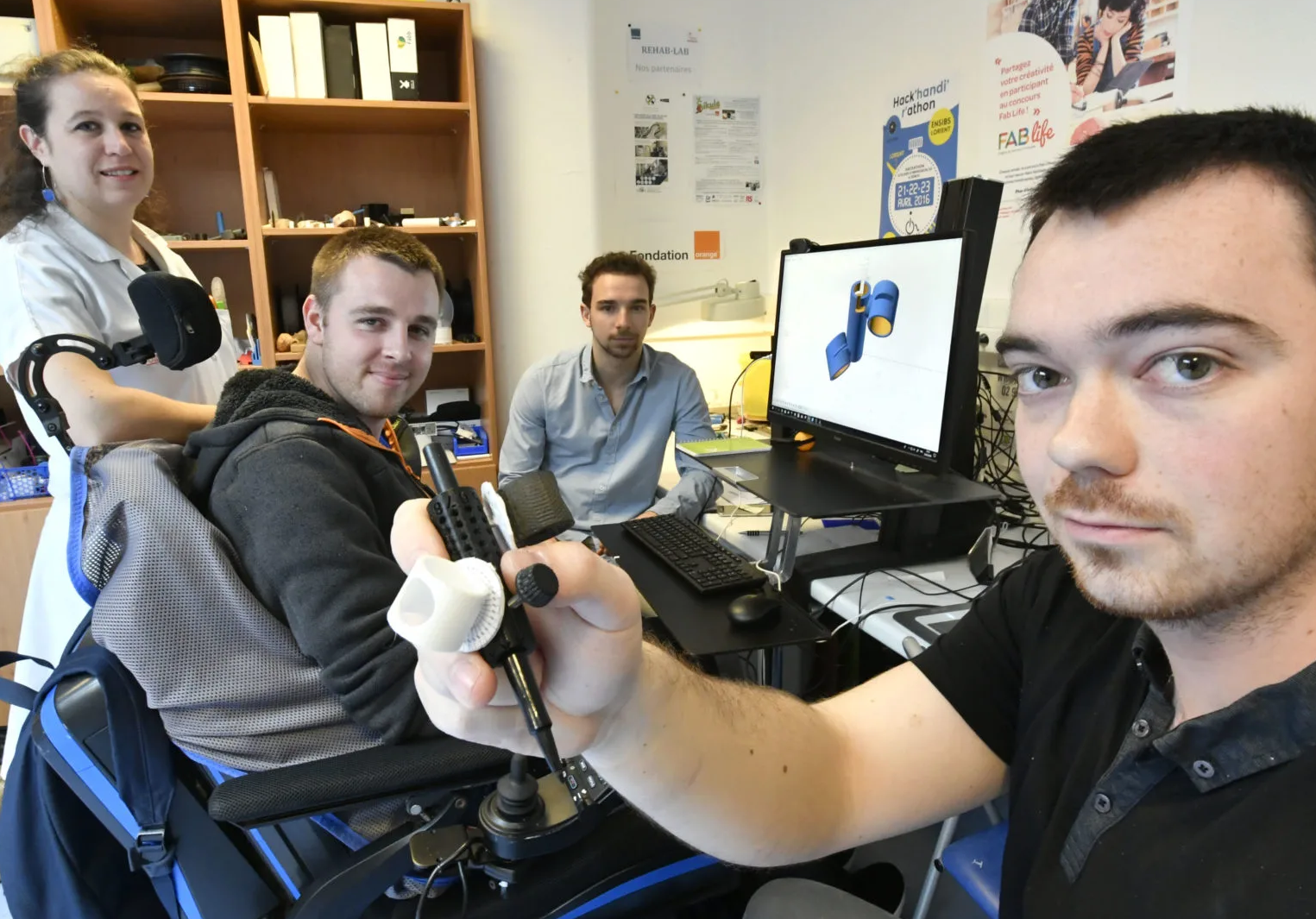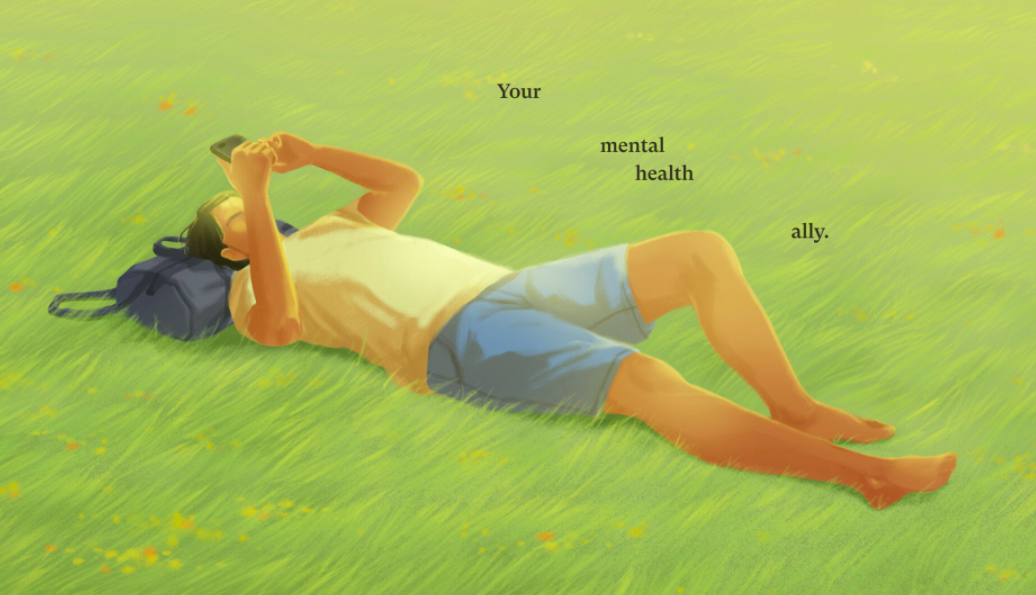Cuppa, virtual meetups for unpaid carers

Video calls aimed at carers with the goal of sharing experiences and building community
Cuppa is a free 45-minute virtual meetup program specially designed for unpaid carers. Through video calls, around a dozen carers come together to share their experiences, offer support, and meet others in similar situations in a safe and understanding environment.
The meetings are moderated by a host, also a carer, who facilitates the conversation and ensures everyone has the opportunity to speak. The sessions are simple and accessible, requiring only a device with internet and a microphone. Using the camera is recommended but not essential, and there is also the option to interact via chat.
Additionally, to cater to the varying needs of carers, a wide range of time slots is available, and attendance is unlimited. Cuppa aims not only to provide emotional support to carers but also to create a network of people who share tips and experiences, always with a touch of humor and optimism.
Characteristics of innovation
Localization
Regne Unit
Partners / Funders
Mobilise has worked with more than 30 local authorities, carer support organizations, and integrated care boards, such as NHS, Tower Hamlets, or Essex County Council. It is also funded by the social impact investment company Zinc.
Genesis
On March 18, 2020, Mobilise organized the first Cuppa, a space during the pandemic to share experiences among those who care for others. The first 100 sessions were part of the CIRCLE research project: “Caring during lockdown: Challenges and opportunities for digitally supporting carers”, in collaboration with the University of Sheffield and the University of Liverpool.
Level of implementation
Since its inception, Cuppa has involved 577,000 unpaid carers in the UK, with 90,000 support interactions recorded between community members, according to the latest data from 2023. Furthermore, the Cuppa project has been recognized with several awards, winning first place at the Global Content Awards 2022 and second place at the Learning Technologies Awards 2022 in the category “Best Use of Social and Collaborative Technologies.” In addition, Mobilise has earned B Corp certification, recognizing the entity’s high standard of social impact.
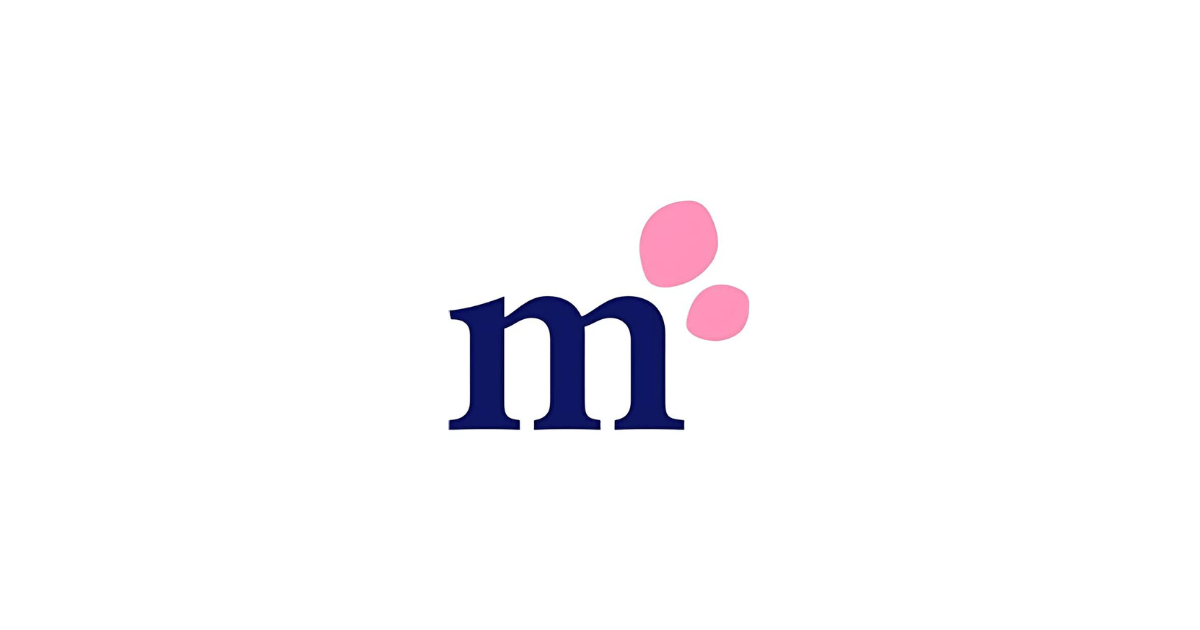
Banc d’innovacions

